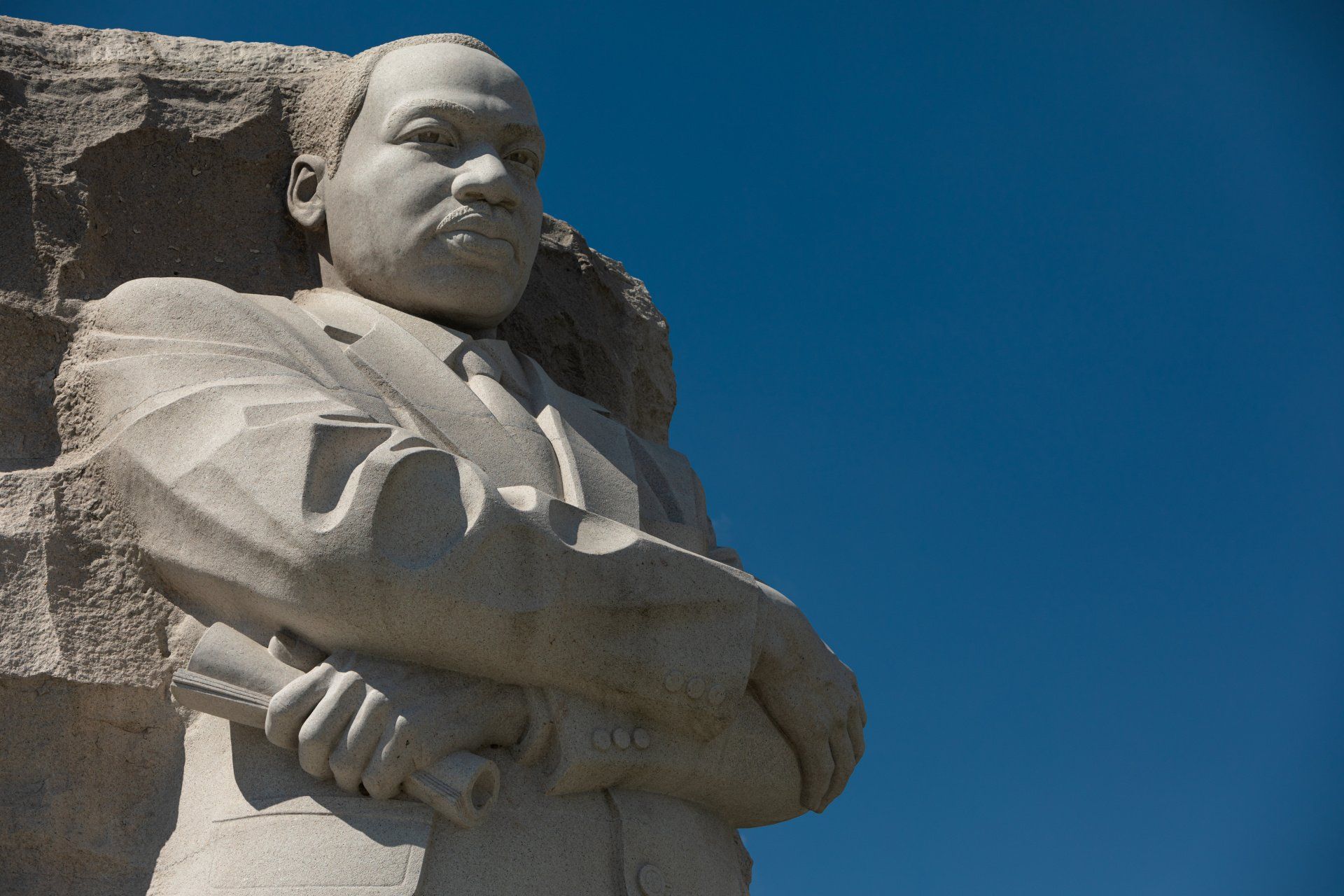It is Not Over Yet
Recently, you may have heard politicians and pundits say that systemic racism is non-existent – not now or ever. In politics something is thought to be systemic when it affects the whole instead of just parts. Govern-ment by its nature is a construct for dealing with the whole. Our founding documents speak to the “we” not the “me” when it comes to intent and purpose. The Bill of Rights ultimately address individual liberties within the framework of a “we” set of boundaries. To that end, when government acts, it does so with the intent of impacting the whole of society for its perceived well-being.
August 2nd was the one hundredth and twenty-first anniversary of “the day North Carolina approved a con-stitutional amendment that required residents to pass a literacy test in order to register to vote. Under the provision, illiterate registrants with a relative who had voted in an election prior to the year 1863 were exempt from the requirement …. The effect of racially discriminatory voting laws in North Carolina and throughout the South would persist for generations, effectively disenfranchising Black people throughout the region with little federal intervention until the passage of the Voting Rights Act in 1965.” (From the Equal Justice Initiative’s “History of Racial Injustice” calendar 2021).
Where We Are Today
Here we are in 2021 still confronted with efforts to deny or minimize voter participation in the foundational process that lends itself towards mass inclusion. It is as systemic now as it was in 1900. Government officials creating and enforcing restrictive measures to lessen the rights of the minority to participate in the voting. How significant is the vote when the opportunity to do so is limited to a privileged few? Obviously, very significant because if it were not the system would not be trying to protect itself from fair play and inclusion.
Keep in mind that the vote in 1900 was just two years after the white-supremacist-led insurrection in Wilmington, North Carolina.
Keep in mind many of the masterminds of that insurrection went on to become statewide and district-elected officials.
Keep in mind that certain insurrection planners went on to serve in the President’s administration.
Keep in mind that the primary source of information and opinion at that time manipulated the press to perpetuate a false narrative. Keep in mind that the cumulative effect of the placement and perpetuation of the individuals involved and their manipulation of the media led to sixty-five years of American apartheid.
There is a pattern here that needs to be understood. Systems can be direct or subtle.
Originally published in AfAm TURNOUT NORTH CAROLINA, VOL. 4, ISSUE 08, 08/30/2021
Thoughts from Henry Lancaster II

